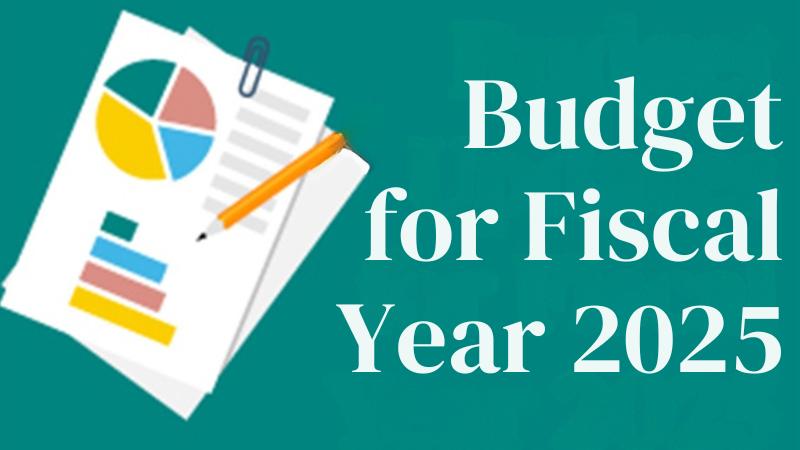
- greensea
- 10 Jan 2025 09:57 AM
- Finance & Economics
As of May 2024, the Indian diaspora remains the largest globally, with 35.4 million Non-Resident Indians (NRIs) and People of Indian Origin (PIOs) living abroad, primarily in the UAE and the US. However, changes to tax residency rules introduced by the Finance Act, 2020, have been met with criticism from experts and industry groups, including the Bombay Chamber of Commerce and Industry (BCCI), who argue that the amendments add complexity without yielding significant revenue benefits.
Key Changes in Tax Residency Rules:
The Finance Act, 2020, modified the extended residency provisions under Section 6(1) of the Income Tax Act. Previously, NRIs and PIOs were considered non-residents if they spent fewer than 182 days in India during a financial year, even if their total stay over the previous four years exceeded 365 days. The amendments introduced a more nuanced residency framework:
- NRIs/PIOs are now classified as non-residents if their stay in India is less than 120 days, regardless of income.
- Those earning less than ₹15 lakh in India and staying for fewer than 182 days continue to be treated as non-residents.
- NRIs/PIOs earning over ₹15 lakh and staying in India for 120 to 182 days are classified as "not ordinarily residents," making their India-sourced income taxable at rates applicable to residents.
Ravikant Kamath, Partner at EY-India and Chairman of the Direct Taxation Committee at BCCI, pointed out that the new rules impose a heavier compliance burden on NRIs and PIOs. "Previously, they only needed to ensure their stay in India was under 182 days. Now, they must track both their India-sourced income and their stay over the past four years," he explained to TOI's Lubna Kably. Kamath also noted that the policy disproportionately affects individuals earning over ₹15 lakh in India, as their income is taxed at the higher resident rates rather than the lower non-resident rates.
What Budget 2025 Can Do:
In its pre-budget submission, the BCCI criticized the changes, arguing that they do not achieve the intended goal of taxing the global income of individuals conducting significant economic activities in India while maintaining non-resident status. The memorandum called for a rollback of these amendments, citing their minimal impact on revenue and potential harm to India's economy. The BCCI emphasized the need for a more practical approach that strikes a balance between tax collection and encouraging NRIs and PIOs to engage with India's economic ecosystem.










































